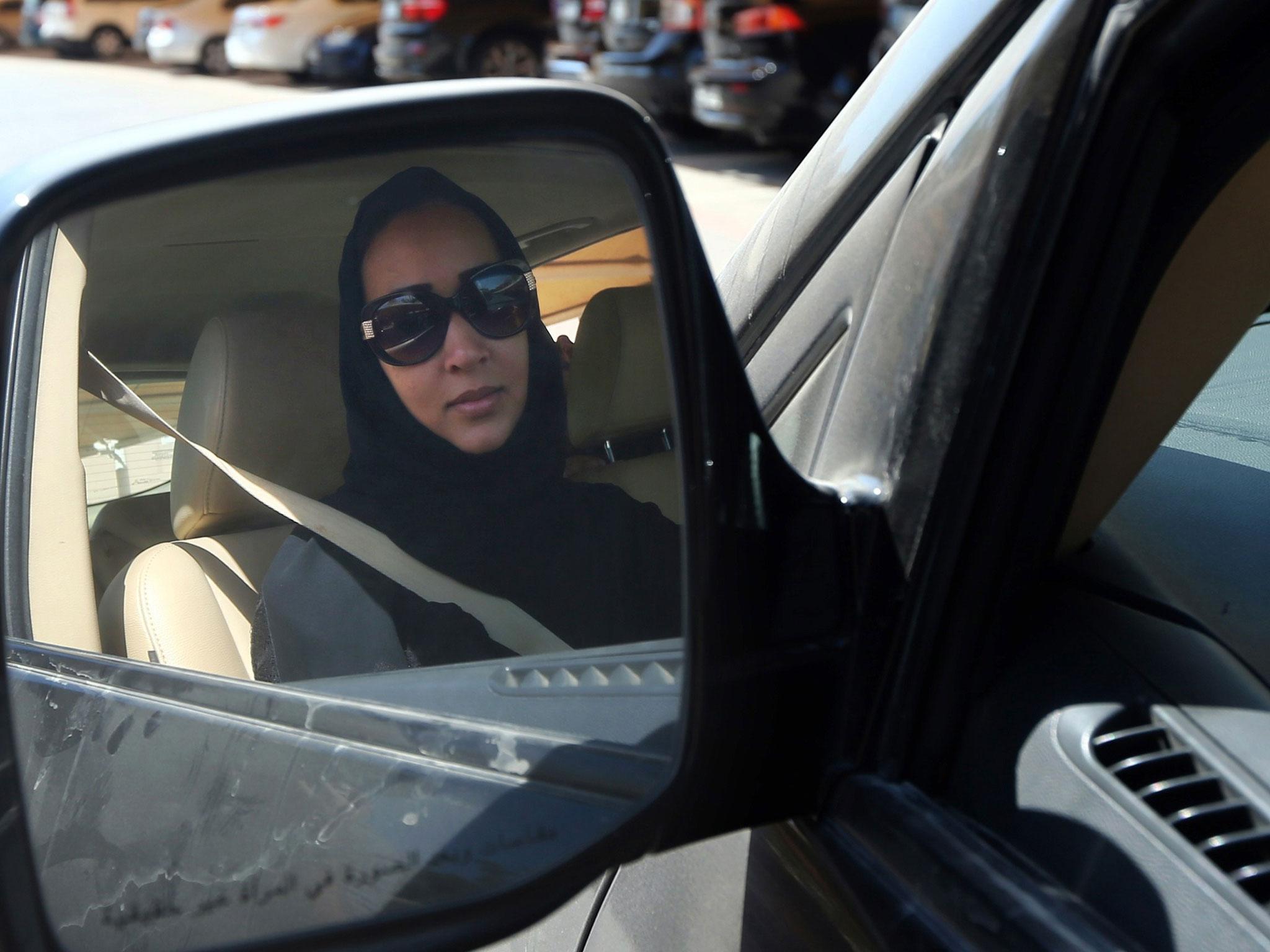Obama visit to Saudi Arabia: Women encouraged to drive during President Obama's trip
More than 100 women have driven in the Kingdom since a campaign to end the ban began six months ago

Your support helps us to tell the story
From reproductive rights to climate change to Big Tech, The Independent is on the ground when the story is developing. Whether it's investigating the financials of Elon Musk's pro-Trump PAC or producing our latest documentary, 'The A Word', which shines a light on the American women fighting for reproductive rights, we know how important it is to parse out the facts from the messaging.
At such a critical moment in US history, we need reporters on the ground. Your donation allows us to keep sending journalists to speak to both sides of the story.
The Independent is trusted by Americans across the entire political spectrum. And unlike many other quality news outlets, we choose not to lock Americans out of our reporting and analysis with paywalls. We believe quality journalism should be available to everyone, paid for by those who can afford it.
Your support makes all the difference.Women in Saudi Arabia are being encouraged to get behind the steering wheel today in a show of defiance against a driving ban, as the US President Barack Obama ends his visit in the ultraconservative kingdom.
The move comes as part of a sustained campaign to grant women the freedom to drive, which saw some 60 women flout the ban in October last year after 16 female drivers were arrested for driving.
Though no specific Saudi law bans women from driving, women are not issued licenses.
Organisers of the campaign called on more women to get in the driver's seat on Saturday when Mr Obama met with King Abdullah in Riyadh, although it was not organised specifically to coincide with his visit.
The activists say their long-term goal is not just to win Saudi females the freedom to drive, but to clear a path for broader democratic reforms.
Organiser Eman al-Nafjan said more than 100 women in total have driven since the campaign began six months ago.
Naseema al-Sada, who has driven in the eastern region of Qatif, told The Associated Press that public attitudes have changed following the movement.
"Women's rights are no longer a taboo subject," she said, noting that the campaign is also widely covered in the media.
Before leaving Riyadh, Obama met with Maha Al Muneef, the executive director of the National Family Safety Program, which she founded in 2005 to combat domestic violence and child abuse in the Kingdom.
Mr Obama, in remarks during the award at his hotel in Riyadh, praised her for not only being able to "set up services here in the kingdom, but also more importantly in some ways, being able to pass laws providing protections for women and children for domestic abuse and to provide a safe space and shelter for those who are suffering from domestic abuse".
Amnesty International had urged the President to signal his dismay at Saudi Arabia’s ban by appointing a woman as his official driver during his visit to the Arab state.
The Middle East and North Africa Deputy Director Hassiba Hadj Sahraoui said: “As well as appointing a woman driver during his visit, President Obama should try to meet Saudi women who have defied the driving ban.
“For too long, the USA has shied away from publicly confronting Saudi Arabia over its human rights record, largely turning a blind eye to a mounting catalogue of abuses.”
“It is crucial that President Obama sends a strong message to the government of Saudi Arabia that its gross human rights violations and systematic discrimination are unacceptable.”
Join our commenting forum
Join thought-provoking conversations, follow other Independent readers and see their replies
Comments